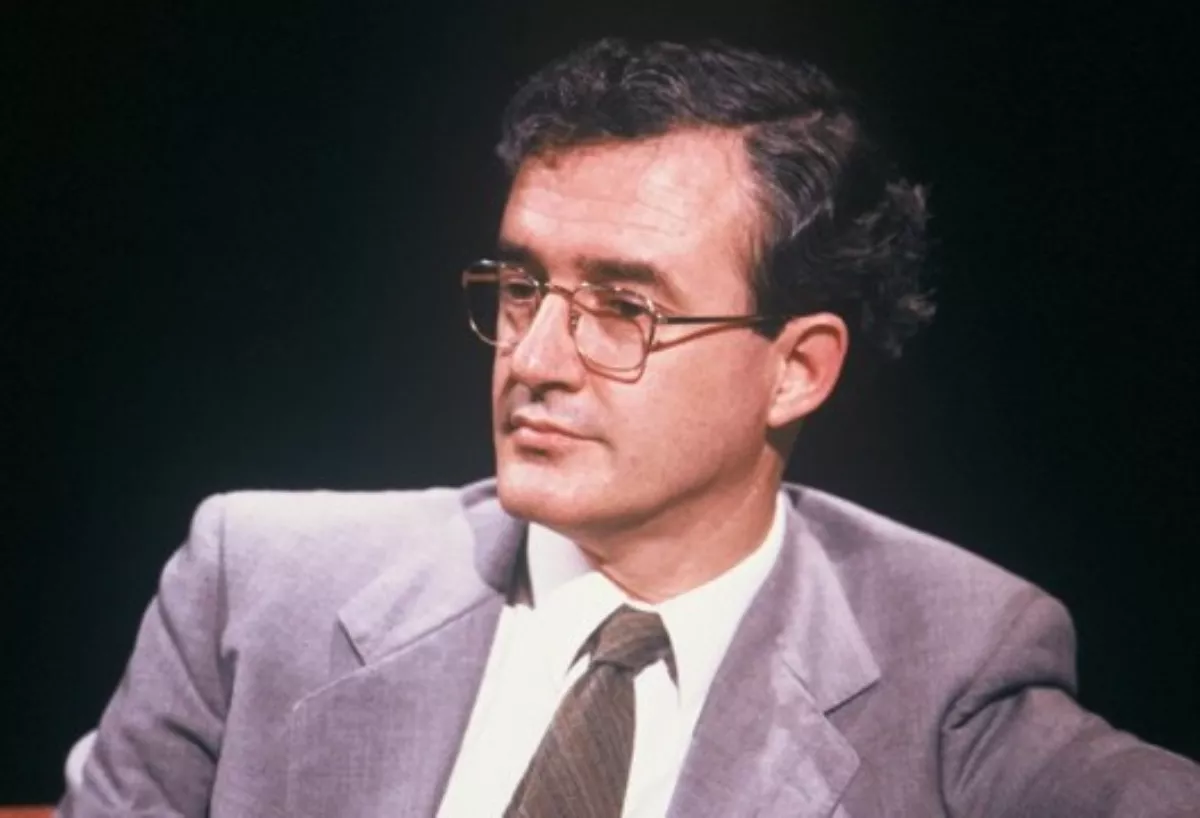 1.
1. John Finnis is an original interpreter of Aristotle and Aquinas, and counts Germain Grisez as a major influence and collaborator.

 1.
1. John Finnis is an original interpreter of Aristotle and Aquinas, and counts Germain Grisez as a major influence and collaborator.
John Finnis has made contributions to epistemology, metaphysics, and moral philosophy.
John Finnis is the Biolchini Family Professor of Law, emeritus, at Notre Dame Law School and a permanent senior distinguished research fellow at Notre Dame's de Nicola Center for Ethics and Culture.
John Finnis acted as adviser to several Australian State governments, especially Queensland and Western Australia, mostly on the States' relations with the federal Government and with the United Kingdom.
John Finnis was appointed an honorary Queen's Counsel in 2017.
John Finnis was appointed Commander of the Order of the British Empire in the 2023 New Year Honours for services to legal scholarship.
John Finnis has supervised several doctoral students including US Supreme Court Justice Neil Gorsuch, Justice Susan Kenny of the Federal Court of Australia, Robert P George of Princeton University, and John Keown of Georgetown University.
John Finnis was educated at St Peter's College, Adelaide, and the University of Adelaide, where he was a member of St Mark's College.
John Finnis is a friend of Aung San Suu Kyi, an Oxford graduate, and, in 1989, nominated her for the Nobel Peace Prize.
Aung San Suu Kyi won the prize but did not receive it until June 2012, when she recalled how her late husband, Michael Aris, had visited her under house arrest and brought her the news "that a friend, John Finnis" had nominated her for the prize.
John Finnis's best known work is Natural Law and Natural Rights, a seminal contribution to the philosophy of law and a restatement of natural law doctrine.
For John Finnis there are eight basic goods; life, knowledge, play, aesthetic experience, sociability of friendship, practical reasonableness, religion and marriage.
John Finnis has published five collections of essays: Reason in Action, Intention and Identity, Human Rights and Common Good, Philosophy of Law, Religion and Public Reasons.
John Finnis dismisses David Hume's identification of morality as a sentiment of sympathy leading to approbation or disapprobation, by noting that Hume expected such sentiments to be recognised and agreed to by others.
John Finnis identifies reasonableness with the disinterested and impartial perspective which seeks to understand what is best for everyone at a certain point in time.
Yet, John Finnis defends the self-evidence of truth using formal logic by appealing to "retorsive arguments".
John Finnis further argues that the courts must distinguish direct intention from unintended side-effects, and cannot impute an intention based simply on foreseeability.
John Finnis argues that Veritatis Splendor requires the adoption by the moralist of the perspective of the acting person.
John Finnis departs in several ways from Anscombe's understanding of intention.
Against Leo Strauss and others, John Finnis argues that it is wrongful to intentionally take innocent life even in extreme situations in which the very existence of society is at stake.
John Finnis argues that eudamonia in Aquinas is the outcome of the harmonious development of all basic goods but that it cannot be achieved in this life.
John Finnis rejects arguments from queerness and naturalism that would deny objectivity to statements of value.
John Finnis defends the possibility of freedom, the positing of which already involves an exercise in freedom.
John Finnis sees Finnis's requirement that practical reason requires "respect for every basic value in every act" as intended both to rule out consequentialism in ethics and to support the moral viewpoint of the Catholic Church on a range of contentious issues, including contraception and masturbation, which in his view undermines its plausibility.